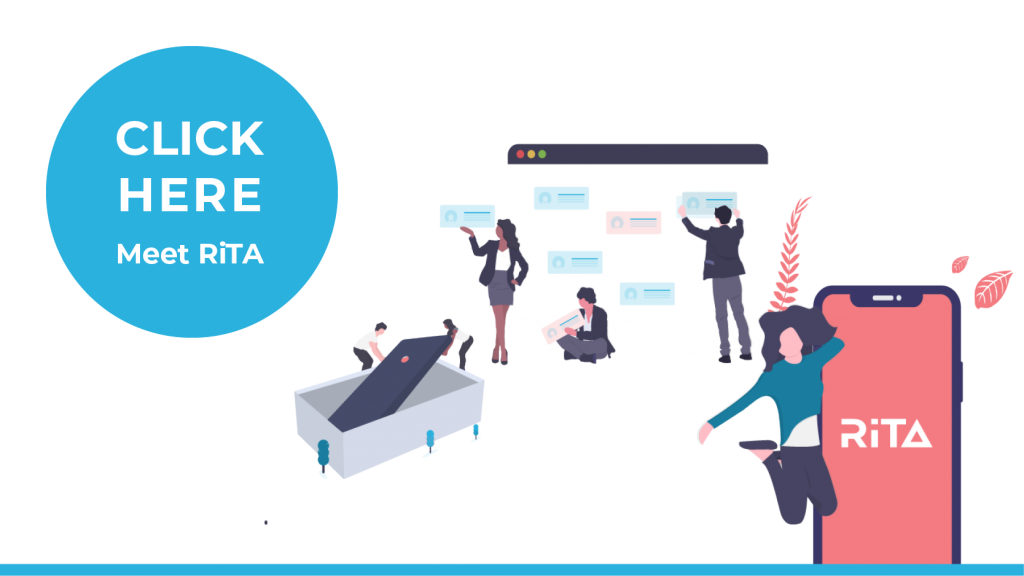
I have had a reasonably tumultuous couple of months. In the middle of the COVID Pandemic, my family and I moved from Brisbane to a Sydney rental property for both work and family reasons; we sold the Brisbane home that we had poured our hearts and toil into for a year, and our impatient new baby arrived around 5 weeks early so we had a term in the NICU before welcoming him home. Add three kids, two dogs, the full-time workload for both parents…and yeah we’ll have a story to tell.
 All of your clients have a story to tell, similar in kind to mine, but the details are different and personal to them. Do you know their stories? Are you a part of those stories?
All of your clients have a story to tell, similar in kind to mine, but the details are different and personal to them. Do you know their stories? Are you a part of those stories?
A traditional approach to ‘databases’ has very much been about standardisation for the sake of efficiency. The organisation of contact information in a way that enables for bulk communication was a strategy to keep agent’s top of mind – or at the very least top-of-inbox.
And yet there is something far more powerful than ‘top-of-mind’ awareness. New York Times Best Selling Author of ‘Youtility’ and ‘Talk Triggers’’, Jay Baer, calls it ‘friend-of-mine’ awareness.
‘Friend-of-mine’ awareness is built the same way we make friends outside of the business paradigm. People in your life who are your friends, whom you trust and who trust you, are your friends because, over time, they have taken an interest in your individual story. Over time, they become part of your story. You become part of theirs.
 Friend-of-mine awareness can only be achieved through nurture, and not by broadcast.
Friend-of-mine awareness can only be achieved through nurture, and not by broadcast.
Technology hasn’t had the ability to help you nurture over the past decade or so and that is because the structure of traditional technology relies heavily on standardised information, highly structured in terms of strict fields in CRMs or spreadsheets.
The human experience of life and language is much richer than these boxes enable. Taking the nuance of an individual’s journey to property, like the one I described in the first paragraph of this blog, and putting a broad label on it like ‘potential vendor’ or ‘tenant’ still won’t get us to individualisation.
Even with these ‘labels’, the broadcast is only slightly narrowed from ‘All Audience’ to those specific segments but at best, the consumer experience becomes one of a ‘standard class’ of people – it is nowhere near individualised.
Anthropologically, the importance of individualisation has never been as prevalent as it is in the 21st century. The sociologist, Emile Durkheim, predicted the emergence of ‘The Cult of The Individual’ as a counter to rigid and structured social rules that existed in the 19th and 20th centuries where moral rules were reinforced by broadcast media and strong community social ties.
Now, we pretty much reject very old fashioned expectations about how to dress, what work we will do and who we will love in favour of the freedom to define ourselves.
We no longer share a collective narrative about world events – this used to be the nightly news or the newspaper – but instead, our preferences for interpretation of world events are reinforced to us by clever algorithms in news feeds that drive the opinions to us that we like. The content on our news feed is there because Facebook strives to be the ultimate ‘friend-of-mine’, but as a platform.
More than ever before, consumers have an expectation that what they consume – whether that is products, services, or information – will be curated for their personal tastes.
In marketing lingo, this is called ‘hyper-personalisation’, and the marketing site convinceandconvert.com defines it as:
“Hyper-personalization [sic.] leverages artificial intelligence (Ai) and real-time data to deliver more relevant content, product, and service information to each user.”
With the advent of artificial intelligence (Ai), the restrictions of ‘standard data’ are opened up. By combining multiple data sources and using both structured and unstructured data, like natural language, the possibility of hyper-personalisation is realised.
Here is how RiTA can help you have hyper-personalised relationships, at scale.
Using our own clever algorithms, information about the marketplace Content can be ranked based on relevancy to an individual in your CRM and the individuals can be ranked against one another. That is essentially how RiTA uses Ai techniques to put the best contacts for you to call each day into lists and finds you something hyper-relevant to those contacts to talk about so you’ll never be lost for words.
Experience is the new brand and customers aren’t interested in your story – they want you to be interested in theirs.



